Q&A with Nicola Saccardo
02 February 2023
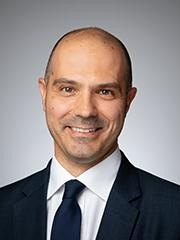
We caught up with Nicola Saccardo, Editor of The International Family Offices Journal and Global Mobility of Ultra-High-Net-Worth Individuals, to ask him a few questions.
Tell us about your recent move to Charles Russell Speechlys.
I’m delighted to have joined a firm with such an outstanding reputation for Private Wealth. Most of my work is centred around the relocation of high-net-worth individuals to Italy, and the taxation of trusts and estate planning, so Charles Russell Speechlys was a natural fit. I have known the team for many years now and it’s a privilege to be working amongst such a talented group of lawyers.
The extension of the team into Italian tax law has bolstered the portfolio of tax services the Firm offers to ultra high-net-worth global families and will help in driving forward the Firm’s international private capital focus.
Much of your work is centred around Italian taxation of trusts as well as estate tax planning. Are there any new developments in this area?
The Italian Revenue Agency issued the Circular Letter no. 34/E on 20 October 2022 laying down several important (and often innovative) clarifications on the direct and indirect taxation of trusts. The most important matters addressed by the Revenue Agency include the illustration of the new approach of the Revenue Agency on the application of inheritance and gift tax to trusts; new guidelines on the impact of the disregarded characterisation of a trust on its inheritance and gift tax treatment; clarifications on the income tax treatment of distributions made by disregarded and non-disregarded trusts and new guidelines on reporting obligations for trust beneficiaries.
Additional interesting developments that could impact private clients should be introduced by the Budget Law for 2023 that should be approved by 31 December 2022. Some of the measures currently under discussion in Parliament are the taxation of gains from the sale of “real estate rich” non-resident companies; new rules on the taxation of income and gains from crypto-assets and the introduction of the Investment Management Exemption that could incentivise the relocation to Italy of top level executives in the financial sector.
What are the future trends you are seeing in the family office world, in particular regarding rising geo-political risks and global economic insecurity?
A central new theme and solution we are seeing is the search for new alternative safe-harbour jurisdictions for the family’s international investments. These may involve creation of a single family office or the creation of a second standalone single family office in London or Switzerland to coordinate the internationally held investments.
Your book on Global Mobility seems to have struck a chord. Why do you think global mobility issues are so timely?
The mobility of UHNWIs has increased exponentially over recent years. In my opinion this is mainly due to three factors: 1. The political uncertainties and tax increases in many jurisdictions (sometimes exacerbated by the pandemic); 2. The spreading of tax regimes to attract UHNWIs. Indeed, many States have realised that the inflow of UHNWIs triggers a number of benefits to the jurisdiction; and, to a lower extent, 3. people becoming used to remote working.
Tell us about your work with STEP.
STEP is a fantastic organisation and I am very grateful for the support they have given me over the years which has been instrumental in the development of my practice. I have been heavily involved for the past 10 plus years, frequently speaking at key industry events and chairing the international clients SIG. My next event is chairing the STEP spotlight session ‘Advising Families Across Generations’ on 9 December where we will discuss how current events, including political instability, impact international families and how different advisors are looking to support them. I’m looking forward to expanding my relationship with STEP whilst in my new position as Editor of the International Family Offices Journal and Editor of the Global Mobility book.
Nicola Saccardo is the Editor of The International Family Offices Journal and Global Mobility of Ultra-High-Net-Worth Individuals, both published by Globe Law and Business.





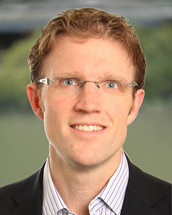

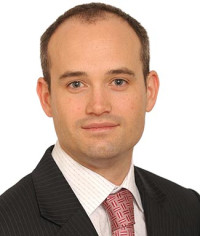

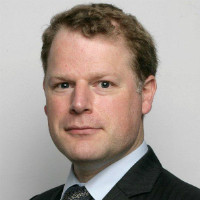


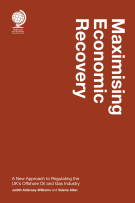
Any comments - send us an email